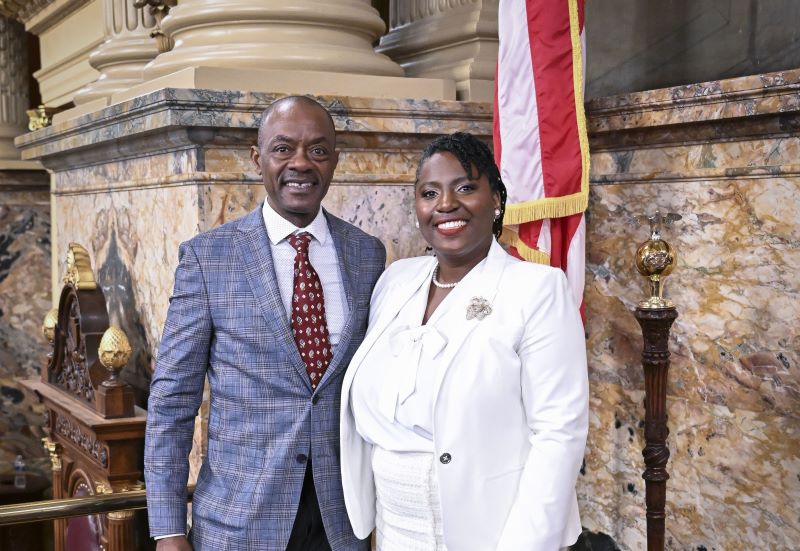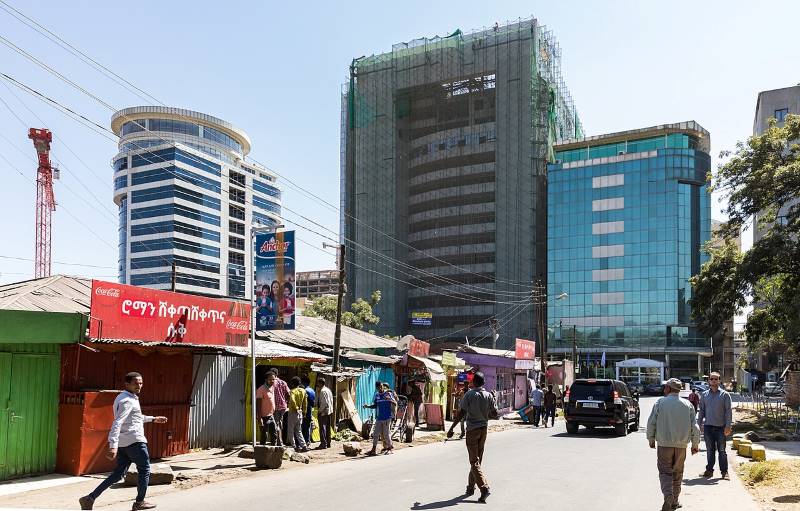In a recent Wall Street Journal panel, four chief economists examined the risks stemming from U.S. policy uncertainty, and the outlook is far from reassuring. Diane Swonk, economist at KPMG U.S., warned there’s a 60% chance of a recession within the next 12 months, citing the policy uncertainty of the current administration and a collapse of trust in trade and fiscal policy. “You can’t have transactions without trust,” she said, emphasizing that unpredictable economic decisions have eroded the confidence essential for investment, hiring, and consumer spending.
For Black families already navigating elevated living costs in many urban areas, the result is a double blow from inflation. Michael Feroli, chief U.S. economist at J.P. Morgan offered another layer of concern, projecting the core personal consumption expenditures (PCE) price index, the Federal Reserve’s preferred inflation gauge to peak just above 4% by the end of 2025. This suggests inflation may remain stubbornly high, even as growth slows. A textbook scenario for stagflation: rising prices amid falling job availability.
Stagflation is especially damaging for Black communities, as well as small businesses and working-class households already grappling with economic inequality. It depletes savings, curtails job creation, and undermines post-pandemic recovery gains.
A further lesson in the neutrality of economic action is the impact trade and fiscal decisions have on the daily lives of marginalized communities. The pandemic demonstrated that Black unemployment rates during economic downturns are higher than the national average, and they recover more slowly. At the height of the crisis, Black unemployment peaked at 16.8%, and nearly 41% of Black-owned businesses shut down between February and April 2020 twice the rate of white-owned businesses.
The impact of this double bind is especially acute as Black communities already experience higher rates of unemployment and lower median household wealth. Purchasing power is steadily diminished by inflation, and economic downturns reduce employment in industries such as retail, services, and public employment, where African Americans are frequently over-represented.
Additionally, the Federal Reserve is more likely to tighten monetary policy when inflation persists, resulting in higher interest rates and making borrowing expensive for businesses seeking funding to expand or invest. Trust is increasingly important in today’s volatile environment; otherwise, the economy will suffer from economic instability.
But the story doesn’t end with loss.
What history shows, and what communities have demonstrated time and again, is that adversity also fuels adaptation. Black entrepreneurs have continued to launch new businesses post-2020, creating platforms in e-commerce, digital services, wellness, and education. Grassroots organizing has also spurred policy conversations around equitable recovery, student debt, and reinvestment in marginalized neighborhoods.
Still, vigilance is key. As inflation eats away at purchasing power and interest rates climb, Black households and small businesses must take proactive steps such as; building modest emergency funds to cushion economic shocks, supporting Black-owned businesses to keep wealth circulating locally, picking up side hustles and digital ventures to help build financial agility, and participating in civic engagement, from voting to advocacy will ensure that policy reflects the community’s needs.
Above all, staying informed is itself a form of power. Whether through free budgeting tools, community workshops, or online platforms, financial literacy is a foundation for collective resilience.
The future isn’t fixed. And while warning signs may flash red, Black communities can continue to recalibrate, organize, and invest in each other, mapping blueprints for weathering the storm and reshaping what comes after.





